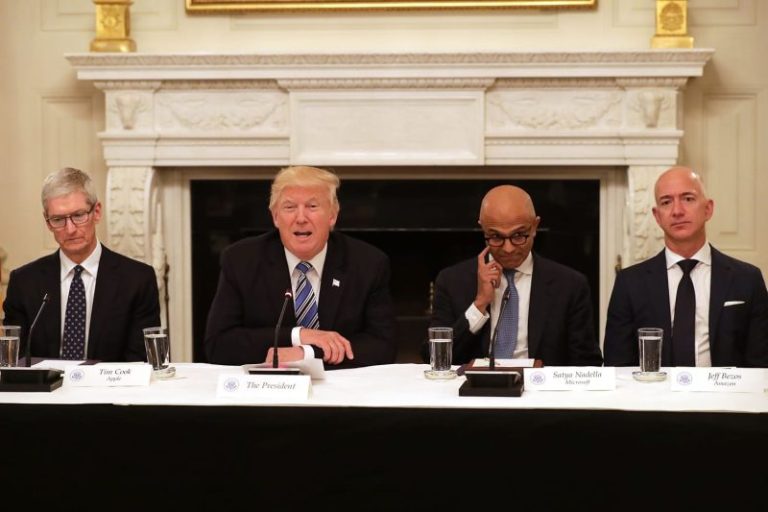In the world of finance and economics, the presidency of Donald Trump has regularly been a topic of discussion and speculation. Wall Street analysts and investors have closely monitored the impact of Trump’s policies and decision-making on the financial markets, and many are of the opinion that his presidency may be instrumental in unlocking deal-making opportunities.
Over the course of his presidency, Trump has been known for his business background and his preference for approaching matters from a deal-making perspective. His administration has sought to roll back regulations, spur economic growth, and negotiate trade deals that favor American interests. These efforts have not gone unnoticed by Wall Street, as investors look for opportunities to capitalize on potential policy shifts and economic changes.
Trump’s approach to governance has been marked by a focus on economic growth and job creation, with an emphasis on reducing taxes and cutting bureaucratic red tape. This strategy has resonated positively with many in the business community, who see the potential for increased deal-making activity under a Trump presidency.
One key area where Wall Street expects deal-making opportunities to arise is in the realm of mergers and acquisitions (M&A). The prospect of deregulation and tax cuts, combined with a business-friendly environment, may incentivize companies to pursue M&A deals to expand their market share, achieve cost efficiencies, or gain strategic advantages. Additionally, the overall sense of economic optimism and confidence that Trump’s policies have generated could spur more aggressive deal-making activity in the corporate world.
Moreover, the Trump administration’s focus on infrastructure spending and support for industries such as manufacturing and energy could create opportunities for public-private partnerships and large-scale infrastructure deals. These initiatives have the potential to attract investment from both domestic and foreign sources, leading to collaborations and deals that could benefit various sectors of the economy.
Furthermore, the administration’s stance on trade and foreign policy could also play a role in shaping deal-making opportunities. Trump’s efforts to renegotiate trade deals and impose tariffs on certain goods have the potential to impact global supply chains and trade relationships, prompting companies to reassess their business strategies and seek new partnerships or acquisitions to navigate the evolving trade landscape.
In conclusion, Wall Street anticipates that the Trump presidency will unlock deal-making opportunities across various sectors of the economy. Trump’s business-friendly policies, focus on economic growth, and proclivity for making deals all contribute to a favorable environment for negotiations and collaborations. While there are uncertainties and risks associated with any deal-making activity, many in the financial world view the current political and economic climate as conducive to strategic partnerships, mergers, and acquisitions that could drive growth and innovation in the years to come.



